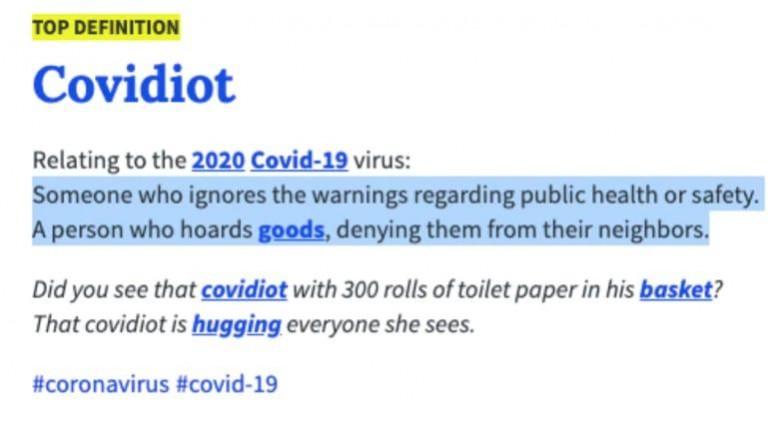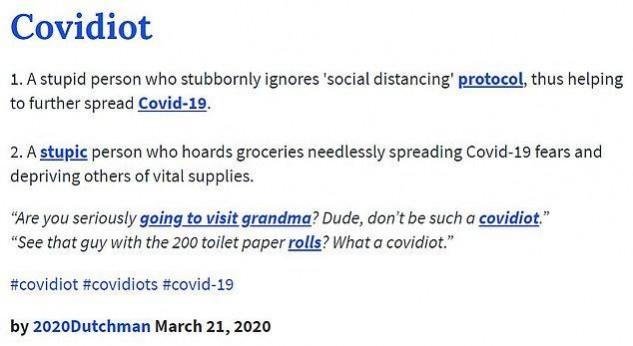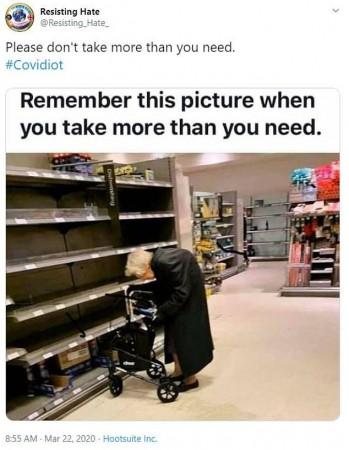#COVIDIOT apparently became the most trending term in Twitter today. And have you checked what that word's meaning is and its whereabouts? Well, the Twiteratis seem to use it so profound and it's time for us to check the semantics of the word.

Well, to begin with.
Simply put together, the word COVIDIOT is a mix of two terms: Covid-19 and idiot. Quite interesting, right!
When COVIDIOTS become the heroes!
Just because Twitter, like any of the other social media platforms, has completely dedicated itself to the pandemic discussion and debates, the new terminology has had the most suited birthplace ever.
Amidst these discussions in which the watershed between the fake and real news became so transparent, erroneous posts and messages started to thrive.
Urban Dictionary, in the midst of this, came up with a term to summarise all of these nonsensical talks.

The most apt term of the season
The Urban Dictionary explains a covidiot as "someone who ignores the warnings regarding public health or safety, or, a person who hoards goods, denying them from their neighbours". But most evidently, the term also seems to pull under its shade the brilliant heads who engage in the massive stock piling of the essential things like tissue papers, toilet rolls, sanitizers, and what not!

Now wondering how to use the word well in your sentences? Check these instances:
- 'Did you see that covidiot with 300 rolls of toilet paper in his basket?'
- 'That covidiot is hugging everyone she sees.'
Or, how about these:
- 'Are you seriously going to visit grandma? Dude, don't be such a covidiot,'
- 'See that guy with the 200 toilet paper rolls? What a covidiot.'

The social media users seem to celebrate the new word and have been sharing photos and videos under the COVIDIOTS hashtag in an effort to shame people for gathering in large groups or using the outbreak to their advantage.








